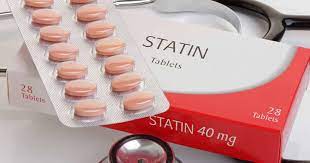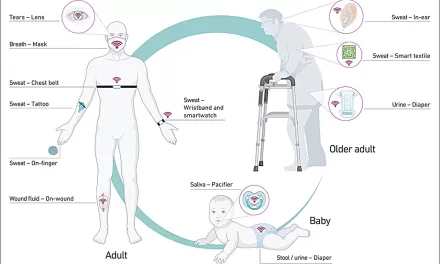Phnom Penh, Cambodia – Cambodia has implemented a nationwide ban on energy drinks at schools in an effort to curb the growing prevalence of diabetes among young people. The directive, issued on Tuesday by Deputy Prime Minister and Minister of Education, Youth, and Sport Hang Chuon Naron, aims to reduce the consumption of sugary and caffeinated beverages linked to non-communicable diseases.
Under the new policy, the consumption, sale, distribution, and advertisement of energy drinks are strictly prohibited within and around school premises. The ban applies to all public and private educational institutions, including technical education centers.
“This measure is crucial to safeguarding the health of our youth and preventing diseases such as diabetes,” Naron stated, according to Xinhua News Agency. He also instructed schools to actively educate students about the health risks associated with energy drinks during national flag salutation gatherings. Schools have been authorized to confiscate energy drinks from vendors and terminate rental agreements with those who defy the directive.
The ban follows Prime Minister Hun Manet’s call for immediate action to address the alarming rise in diabetes cases among Cambodians. Speaking at the groundbreaking ceremony for the University of Health Sciences Hospital in Phnom Penh, Hun Manet highlighted concerning consumption patterns among children. “Some children consume up to three cans of sugary or energy drinks a day,” he noted.
Health Minister Chheang Ra emphasized that diabetes has become one of the leading causes of death in Cambodia, surpassing infectious diseases as a major public health concern. Currently, non-communicable diseases—including heart disease, cancer, chronic respiratory diseases, and diabetes—account for over half of all fatalities in the country.
Public health advocates have welcomed the move, calling it a significant step toward improving nutrition and reducing health risks among Cambodia’s youth. Authorities plan to monitor compliance closely and expand awareness campaigns to highlight the dangers of excessive sugar consumption.
The government hopes the ban will serve as a model for broader efforts to combat non-communicable diseases and promote healthier lifestyles nationwide.











